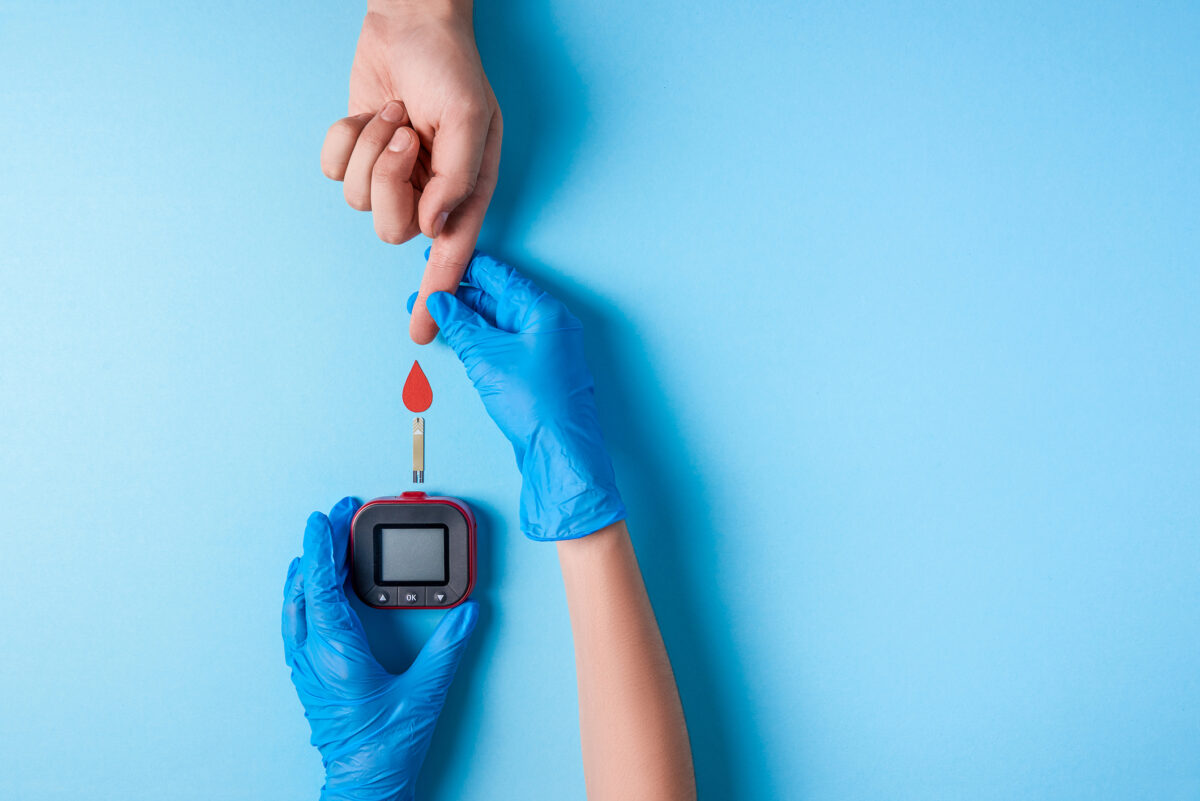Nutrition labels on alcoholic drinks could help address obesity according to a new study

Making energy labelling of alcoholic beverages mandatory could help tackle issues with alcohol consumption and obesity in the UK, recent research published by University of Liverpool reveals.
The research found that approximately 74% of people generally were found to not be aware of the energy content of alcoholic drinks, with around 64% supporting policy that would introduce labelling showing calorie information.
The study was compiled from an analysis of eighteen other existing studies on the consumer’s understanding of the energy content in alcoholic drinks.
The research states: “Calorie labeling of alcoholic drinks is a public health measure that could be used to address both alcohol consumption and obesity.
“There is a moderate level of evidence revealing that people tend to be unaware of energy content in alcoholic drinks. This suggests that they are more likely to support than oppose energy labeling of alcoholic drinks,”.
More research is needed to see if nutrition labels on alcoholic drinks would be a successful enough policy to tackle the obesity crisis in the UK according to the researchers.
A YouGov poll from earlier this year also revealed that 75% of the British population wanted to know the number of units in an alcoholic drink, while 61% wanted to see calorie amounts and 53% wanted to know the quantity of sugar.
Alcohol tends to contain the highest number of calories after fat. According to the British Liver Trust, the average drinker has 10% of their daily calorie intake coming from alcohol, and approximately 3.4 million adults have an additional day worth of calories every week.
The World Health Organisation’s data from 2016 shows that Britain is the second country in Europe with the highest incidence of obesity among adults – with the first being Malta. Globally Britain doesn’t fare much better, ranking at number 36 out of 191 countries.
Current energy labelling laws only apply to food products in the UK in the form of the front of pack traffic light system, which shows high, medium and low amounts of fat, saturated fat, sugars and salt.









